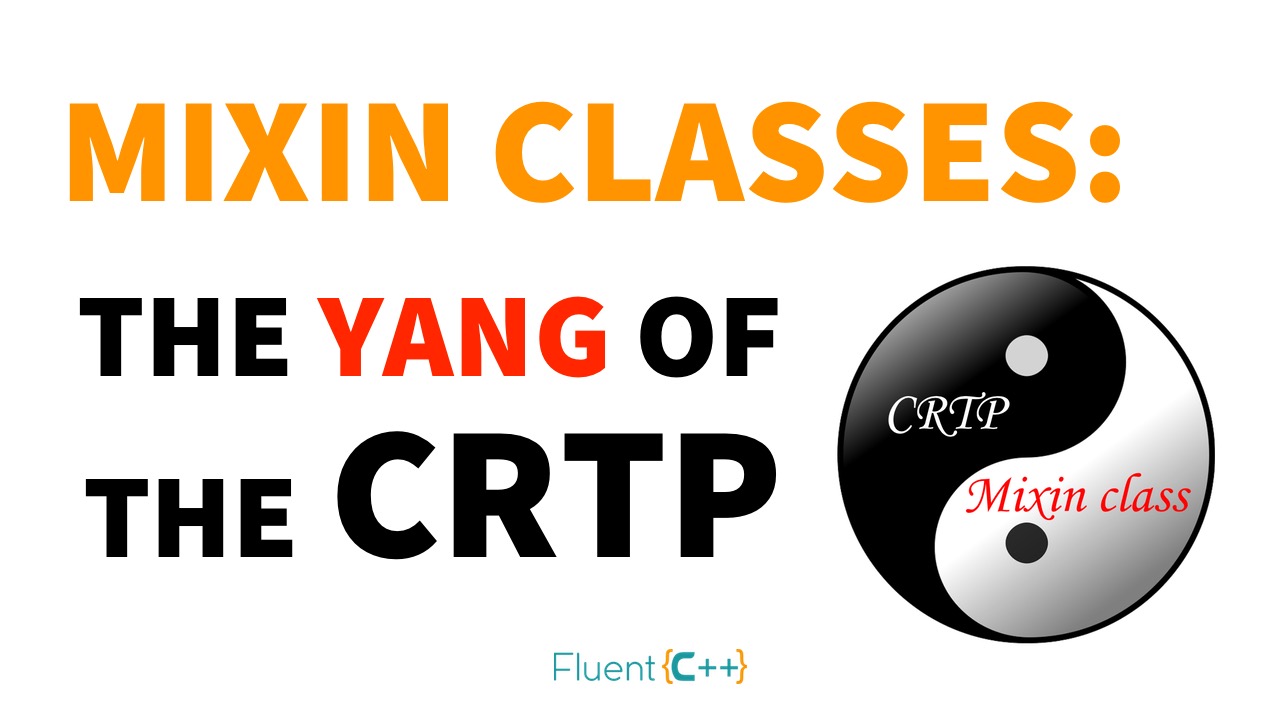Lightning Talks Meeting C++ 2017 - Part I
The first part of the regular lightning talks from Meeting C++ 2017 was released yesterday:
The most important API design principle
by Marc Mutz
Structured Bindings demystified
by Marc Mutz
Fastbuild
by Arvid Gerstmann
std::launder
by Réka Kovács
Is this available?
by Miro Knejp
std::optional and the m word
by Simon Brand

 ACCU’s Overload journal of December 2017 is out. It contains the following C++ related articles.
ACCU’s Overload journal of December 2017 is out. It contains the following C++ related articles. Some template tricks.
Some template tricks. This is about visual studio, but this is also about how the deprecated mechanisms work.
This is about visual studio, but this is also about how the deprecated mechanisms work.